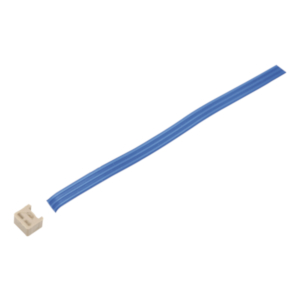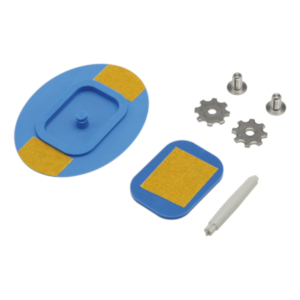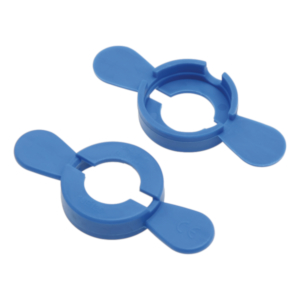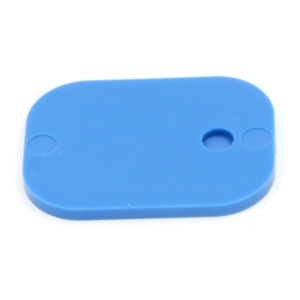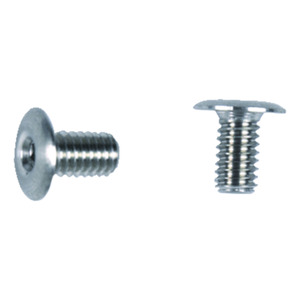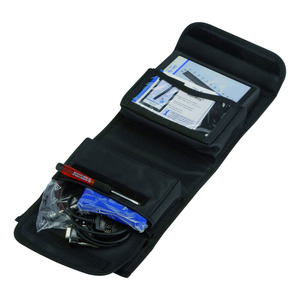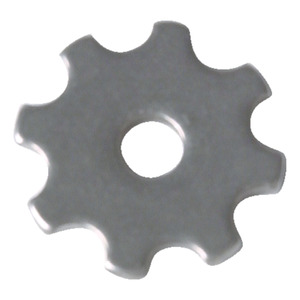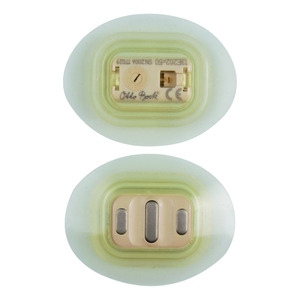
Suction Socket Electrode
Item #: 13E202=50Use L7510 for replacement
Learn more about our Reimbursement Services
Overview
13E202=50 is not for North American use - please use 13E202=60
Electrode cable connection with IDC termination, with 13E206 Electrode Accessories, without electrode cable.
This generation of electrodes are based on the well-known 13E200 Electrode. Embedded into a mounting suspension of elastic material, this electrode creates an airtight seal between the inner socket and outer socket. If used correctly, the 13E202 Suction Socket Electrode also prevents sweat from penetrating between the outer and inner socket, therefore effectively preventing damage to the electrical and mechanical components caused by corrosion.
The Suction Socket Electrode can not only be used for standard fittings, but is also suitable for application in suction sockets. Combining the suction socket electrode with a 12V10 Tube Valve for a suction socket creates a vacuum effect in the socket, ensuring optimal linkage between the residual limb and the socket.
As with the 13E200 Electrode, state-of-the-art shielding and filtering technologies largely protect the 13E202 Suction Socket Electrode against high frequency interference caused, for example, by cell phones, walkie-talkies, computers or anti-theft systems in shopping centres so that the correct function of the myoelectrically controlled prosthesis is not affected. The electrode contacts are made from pure titanium and as they do not contain nickel, they are also suitable for people with allergies.
- 13E202=* (50 or 60 HZ) Suction Socket Electrode
- 13E206 Electrode Accessory Set
Specifications
| Article number | 13E202=60 | 13E202=50 |
|---|---|---|
| HZ | 60 | 50 |
| Operating voltage | 4.8 - 7.2 V | 4.8 - 7.2 V |
| Frequency bandwidth | 90 to 450 Hz | 90 to 450 Hz |
| Ambient temperature | -15 to +60 degrees C | -15 to +60 degrees C |
| Compatible for use in North America | Not for use In North America |
Accessories
Documents
13E202=50, 13E202=60 - Instructions for Use (Qualified Personnel)
Instructions for Use
PDF Document | Published: May 23, 2016

